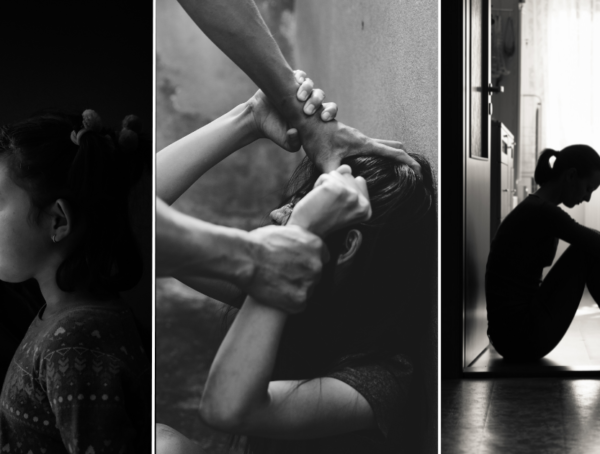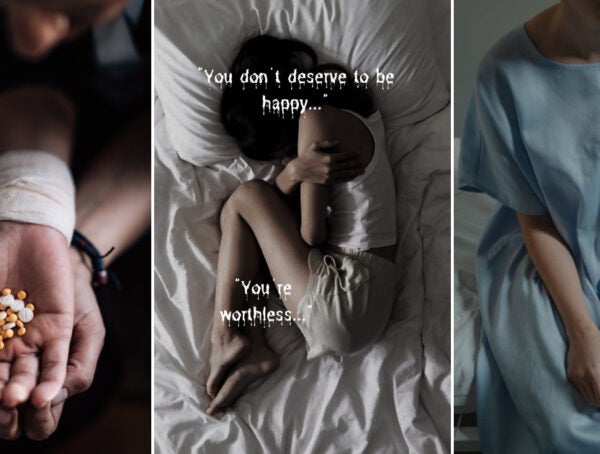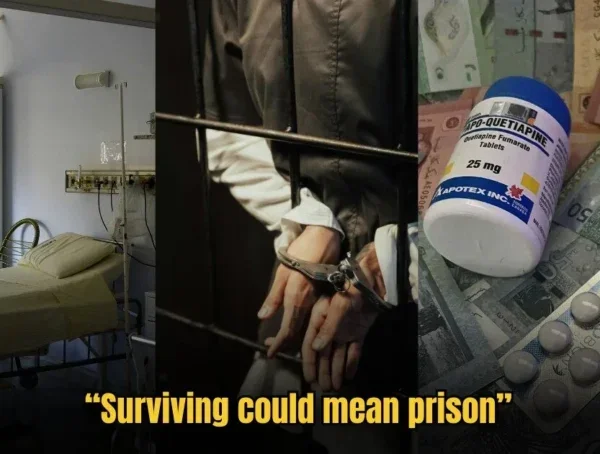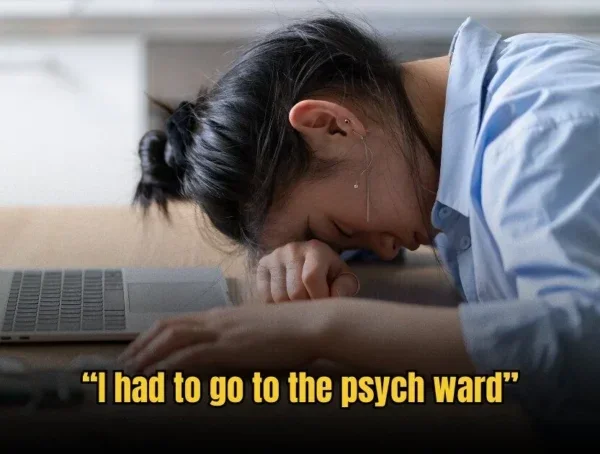My partner has handled depression for close to 15 years now. When I first met her, she was loud, excited, and happy. I thought the depression came later on, but it’s only now I realised it was within her all along.
There are many things I used to think about depression that I now know are patently false.
I thought it was curable, it would go away eventually, it could be improved – like a personality flaw, or a bad haircut.
As if my partner and I could just defeat a dragon called ‘Depression’ and would ride off into the sunset, like Zorro and the Princess Bride, living happily ever after.

No. “Life’s not all rainbows and butterflies,” she’d tell me.
Over the years, I’ve learnt the ways to handle depression from a second-hand perspective. Here are some of them:
Listen with empathy
The first thing you have to do is, in the kindest way possible, shut up and listen. The person going through a depressive episode doesn’t want to hear your solutions, she just wants someone to hear her out.
A lot of unspoken judgement comes from thinking: “I could have done it differently.”, “I would have stood up to that bully.”, “I would have reported that sexual assault.”
But how do you know that if you aren’t literally in their shoes?
A lot of blame already happens in a victim’s mind, because they feel it was somehow their fault for ‘inviting’ abuse. Adding oil to the fire only makes it worse.
But listening, specifically active listening, is crucial to make their voices heard.
In the daily bustle of modern life, my listening comes in the form of late-night calls to my parents, pillow talk with my partner, or venting sessions with my bffs over coffee.
But there is also listening without really listening. You know – the responses are canned, like reading from a script. “I’m so sorry this happened to you.” “I hope you get better soon.” or the worst “You just need to look on the bright side.”
One time, I said a variation of this line to my partner after she ranted about a bad day at work. Rather then quiet down (like I’d hoped), she snapped at me.
“You weren’t listening, were you?”

That’s when I realised I was simply coming up with platitudes to make the other person feel better, so that I didn’t have to feel worse.
Sure, I was “listening”, but did I really empathise?
If there was a book titled How to Empathise for Dummies, the first chapter would probably say:
Step 1: Insert yourself in that situation and think to yourself, how would this make me feel?
If you do that, you can tell them, with feeling: “Yeah, that does suck.”
Practice patience
There was many a time where I felt like I just couldn’t be my partner’s support system, because I was tired, stressed, or simply needed a break from the negativity.
I’ve blown my top off a few times, resenting the role of therapist, counsellor, and listener that I was saddled with.
I’ve wanted to say, “I’m your boyfriend, not your therapist.” Sometimes I wonder if I’m being used as an emotional crutch in place of actual growth.
But looking back on those times, I realised I just needed a way to let go of the negativity that was also building up inside me.
I realised that I needed to step away from the problem – and vent my pent up energy elsewhere, like the gym.
Once I calmed down, I was ready to be her rock again.
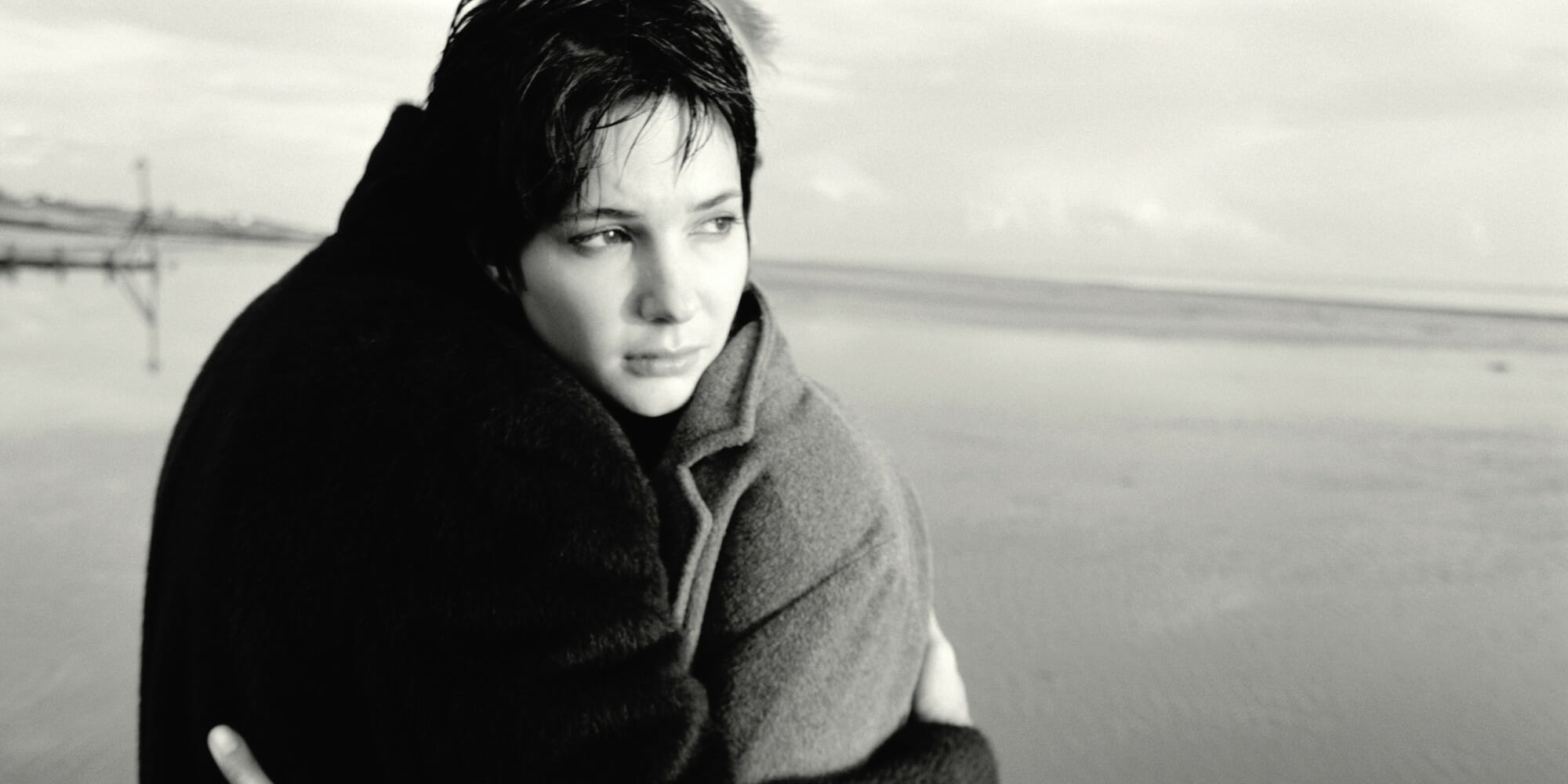
As it turns out, she is very good at listening to my problems as well. Depressed people are often the best at empathising with others, because if anyone knows how it feels to fight a battle with yourself, it’s them.
It’s a blessing and a curse, since they are also victims of their own nihilistic worldview.
But its the best thing when you’re feeling low and just need a shoulder to cry on.
Be present, but also give her space
Spend time doing nice things with her. Take her to all her favorite places. Send her things she likes. It’s the standard how-to-be-a-boyfriend manual 101, but it’s especially crucial for a partner living with depression.
Show her that you care.
Imagine yourself the emotional support animal of your partner – just being there, ready for emergency hugs, without judgement or tactless solutions.
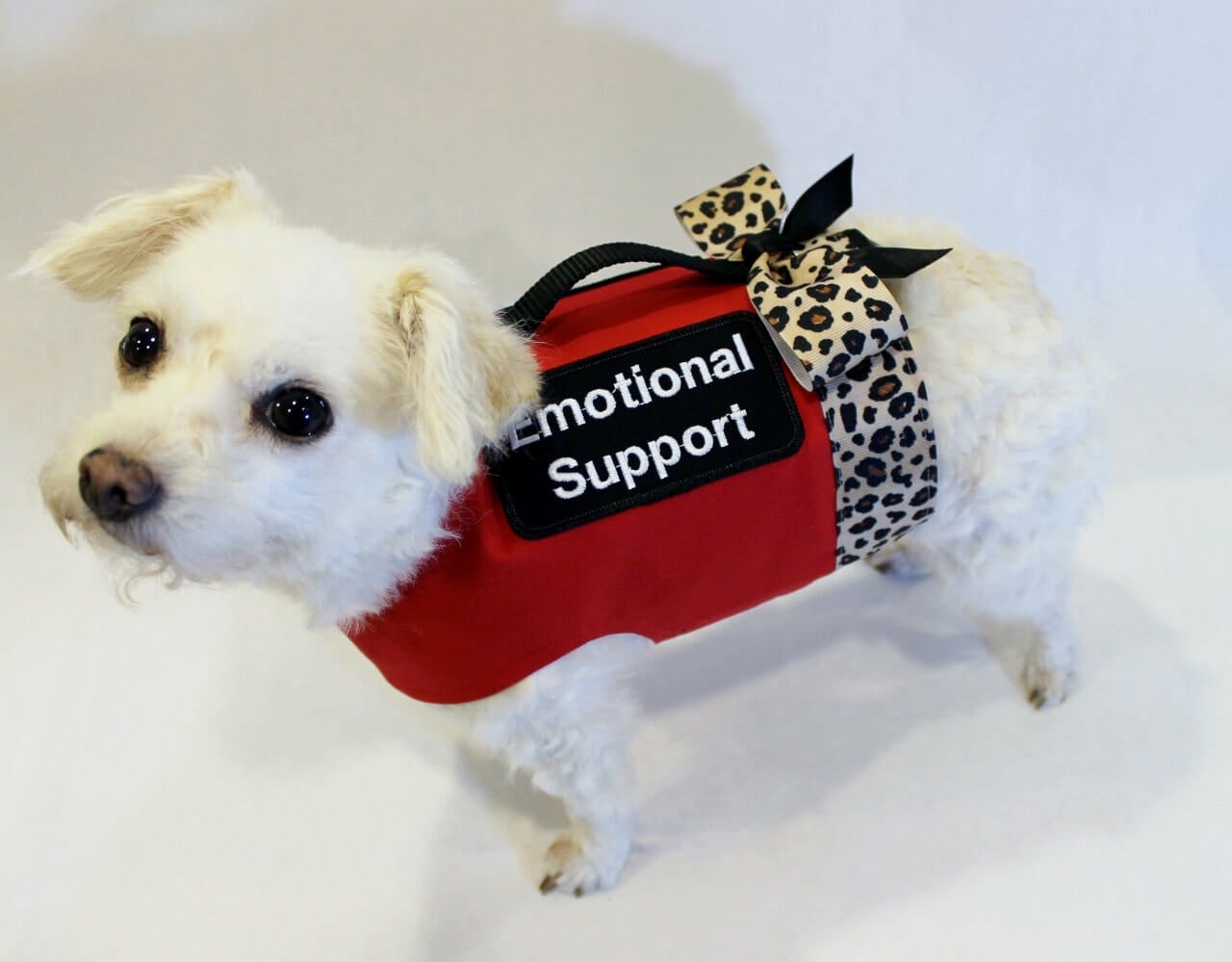
But also, importantly – give her space. Sometimes, people need to sit with their feelings for a bit without having to discuss them.
During these tense moments, I usually do my best impression of a pet turtle. Non-verbal, with a presence of solid rock, but always ready to communicate if need be.
Take her to seek professional help
Your partner greatly benefits from your love and support, no doubt.
But these by themselves aren’t enough to “cure” depression any more than a lifebuoy can teach a drowning man how to swim.
Nobody would rely on hugs and prayers to cure a medical condition, so in the same vein, you can’t expect to magically cure depression with “The Power Of Love”™.
You have to be proactive in searching for answers – and a big part of that is taking her to seek therapy with a trained psychiatrist.
The best way to get the most out of therapy, I’ve found, is to go for sessions together.
When I started doing that, I began to learn more about how depression affects her. This helps us tackle the disease – together.
Depression is a difficult thing to wrestle with. It subverts your expectations of how your partner will act.
Happy things don’t make her happy, and exciting things don’t make her excited.
The nature of depression is that it overrides the normal, expected function of your emotions. But with understanding comes compassion, and with compassion comes support.
So go out there and support your partner!
Do you have any stories about supporting a partner through depression? Let us know in the comments.
For more stories about managing your mental health, read 5 Things People With Depression Wished Their Partners Knew and Here’s How to Deal with a Partner Suffering from Depression and Self-Harm.

You might also like
More from Real Mental Health
“I Was Scared of Waking Up in Handcuffs,” shares Depressed M’sian on Repealed Law
In 2023, Malaysia repealed Section 309, a colonial-era law that made suicide attempts a crime. The change marked a shift …
‘Everyone Saw A Successful Student While I Was Crumbling,’ Shares 22 Year Old Student
This is a story of a 22 year old woman who shared her story as a Straight A’s student as …
5 Harmful Mental Health Myths Malaysians Still Believe
Let’s break down five of the most common myths Malaysians still believe, and why it’s time to let them go.






